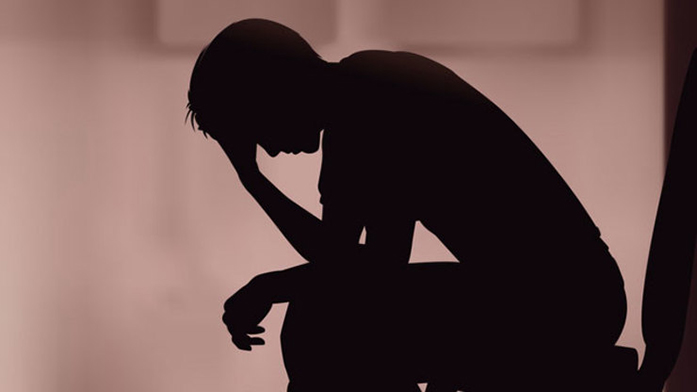by Joseph Lane
Depression is a complicated illness for a variety of reasons, not the least of which is an unfortunate cultural stigma.
A report published last week in the British Journal of Psychiatry uncovered some shocking data. The study found that in the poorest of countries, one in 27 individuals with depression received “minimally adequate care for their condition.” And in even the richest of countries, just one in five people with depression actually sought care.
The numbers put forth by researchers at King’s College London, Harvard Medical School, and the World Health Organization found that there are an estimated 350 million people affected by depression, and the majority of them do not get treatment.
Brandon Kohrt, an assistant professor of psychiatry at Duke University, explained to NPR that there are two major issues that cause the lack of treatment. First, there is a lack of properly trained counselors, psychologists, and psychiatrists across the world. The second is far more concerning: There is not enough awareness that depression is an affliction that can be treated.
Depression can often be debilitating. According to the National Institute of Mental Health, “It causes severe symptoms that affect how you feel, think, and handle daily activities, such as sleeping, eating, or working.”
The amazing thing about the new study isn’t that depression affects so many people, it’s that even people who are struggling with it have fallen victim to the stigma. Many believe that depression is a matter of decreased mental fortitude rather than a real medical problem.
Across the country, middle-school and high-school health classes teach the importance of healthy eating and exercise. They teach sexual education and safe-sex practices. And while mental health is often taught to some extent, often times public education does not go far enough to prove to students that depression is a real illness that has real problems and, most importantly, that can realistically be treated. Middle- and high-school classrooms provide the perfect environment to teach students at a young age that the problems they are facing can be very real and have nothing to do with their view on the world or the mental toughness.
The University of Iowa has taken serious strides over the past few years to improve its reaction to this public-health crisis, and it shows. Between clubs such as Active Minds and the commitments by the university — brought on by UISG — to increase the number of trained counselors through 2018, there are noticeable changes and pledges on this campus to care for individuals facing depression.
Although high school and middle school are where education on these topics should begin, there’s no reason students shouldn’t be educated about handling and identifying depression in college. Incoming students are required to take a variety of online courses that prepare them for life as a college student. Before students arrive on campus for OnIowa, they should also be offered the choice to learn about the reality of depression.



